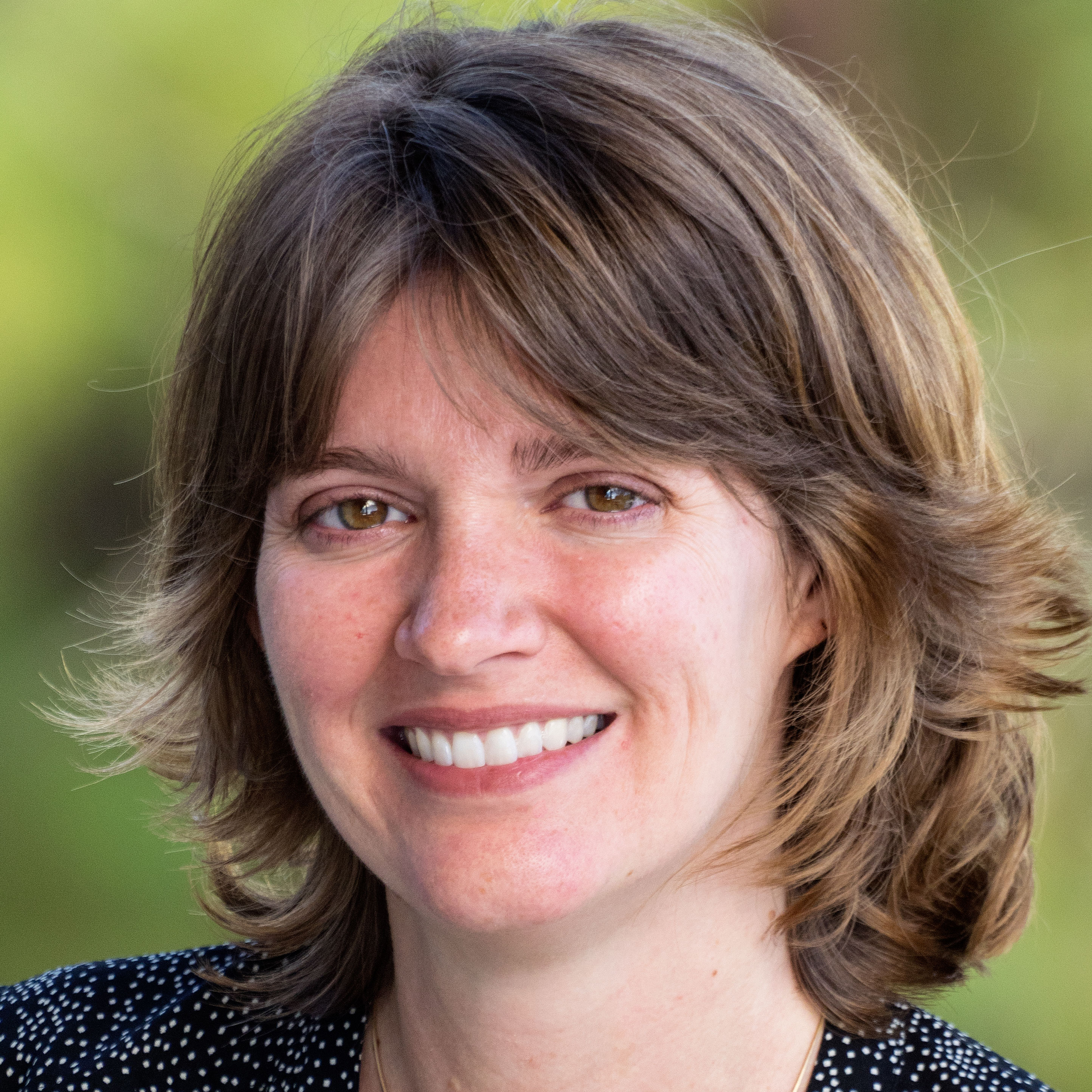 The Whitney Laboratory for Marine Bioscience
The Whitney Laboratory for Marine Bioscience

The Evenings at Whitney Lecture Series hosted by the University of Florida Whitney Laboratory for Marine Bioscience returned for the spring season on Jan. 10, 2019, at 7 p.m. with the program titled “Engineering 'Selfish' Genes in Mice: Benefits and Risks.” Kimberly Cooper, assistant professor in the Division of Biological Sciences at the University of California, San Diego, talked about the technology used in genetic engineering and the advantages and potential risks associated with modifying the DNA of an organism. This free lecture was presented at Lohman Auditorium, located at 9505 Ocean Shore Blvd., on the Whitney Laboratory campus.
Cooper shared about how the technology to edit genomes, genetic material of living things, is advancing rapidly. One such technology uses CRISPR/Cas9 in insects and rodents to ensure one of two copies of a gene is preferentially passed to offspring. Laboratory research to study complex human genetic disease, which was once impossible due to cost and other factors, is now an option. Cooper talked about how such applications could have other benefits to society, such as controlling invasive wild rodent populations and vectors of disease. She also shared about the concerns of unintended consequences related to releasing such modified organisms.
Cooper has worked with the University of California, San Diego since 2013. She earned a doctorate in molecular and cellular biology from the University of Washington where she studied the genetics of hindbrain motor neuron specification and cellular behavior in the lab of Dr. Cecilia Moens at the Fred Hutchinson Cancer Research Center. She continued her postdoctoral studies in the Department of Genetics at Harvard Medical School. Cooper has received numerous awards, including the Searle Scholar Award, Pew Biomedical Scholar Award and Harvard University Certificate of Distinction in Teaching.